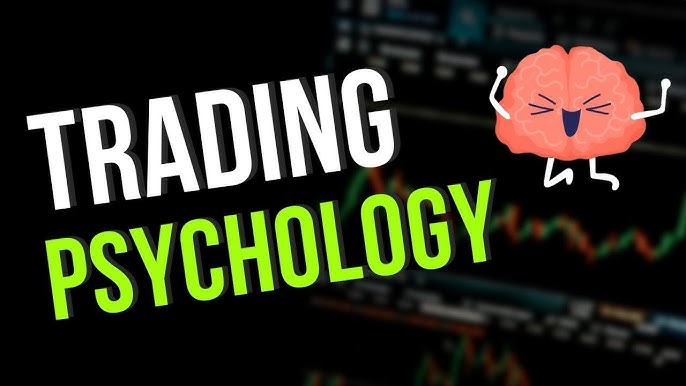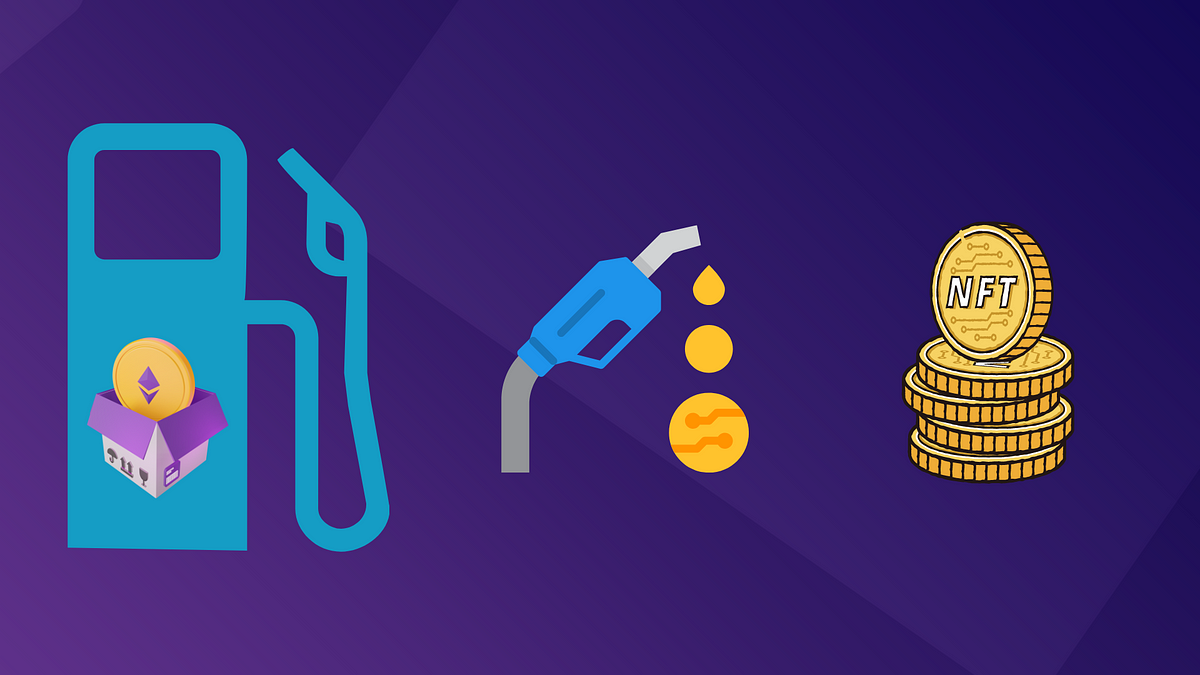The Psychological Aspects of Trading: Mastering Your Mind in the Market
Trading isn’t just a test of technical knowledge and market analysis — it’s a profound psychological challenge. Whether you’re trading stocks, forex, or cryptocurrencies, your mindset can often determine your success or failure more than your strategy. Emotions like fear, greed, and overconfidence can sabotage even the best trading plans.
In this article, we’ll explore the key psychological factors in trading, common pitfalls, how to build mental discipline, and techniques for developing a winning trading mindset.
1. The Role of Psychology in Trading
Psychology is often the silent driver behind every trade. It governs how you react to losses, how you handle wins, when you enter a trade, and when you exit. Even the most advanced strategies can fail if not executed with the right mindset.
Why it matters:
- The markets are unpredictable — traders must manage uncertainty.
- Emotional responses can override logic.
- Consistent profits come from discipline, not just knowledge.
2. Key Emotions That Affect Traders
🧠 Fear
Fear can prevent traders from taking trades or cause them to exit too early, missing potential profits. This often arises after experiencing a loss or during high market volatility.
Signs:
- Hesitating to enter a position despite clear signals.
- Closing trades prematurely.
- Avoiding markets entirely after a bad experience.
💰 Greed
Greed often leads traders to over-leverage, chase pumps, or hold positions too long hoping for maximum profits, ignoring exit strategies.
Signs:
- Ignoring take-profit levels.
- Doubling down after a big win.
- FOMO (Fear Of Missing Out) — entering trades impulsively.
⚖️ Overconfidence
A few successful trades can lead to overconfidence. Traders start to believe they can’t lose, leading to reckless decisions.
Signs:
- Taking unplanned risks.
- Increasing position sizes without justification.
- Ignoring analysis in favor of “gut feelings.”
😞 Revenge Trading
After a loss, some traders try to “win it back” quickly, often entering impulsive and poorly analyzed trades — which usually leads to more losses.
Signs:
- Rapid-fire trades with no strategy.
- Emotional frustration and impatience.
- Breaking risk management rules.
3. Cognitive Biases in Trading
📈 Confirmation Bias
Traders tend to seek information that confirms their existing beliefs and ignore contradicting data.
🎯 Anchoring Bias
Relying too heavily on the first piece of information received (e.g., an initial coin price), even when new data suggests a change in strategy.
🧾 Loss Aversion
The pain of losing is psychologically more powerful than the pleasure of winning. Traders often hold onto losing positions, hoping for recovery, rather than accepting a loss.
4. How to Master Your Emotions
🧘 Build Emotional Awareness
Understand your emotional triggers. Keep a trading journal to track not just trades, but your state of mind during each trade.
Include:
- Reason for entering the trade.
- How you felt before/during/after.
- Outcome and lessons learned.
📊 Use a Trading Plan
A solid trading plan eliminates emotional decisions by:
- Defining entry and exit points.
- Setting stop-loss and take-profit levels.
- Outlining risk per trade.
Stick to your plan regardless of emotions.
⏳ Practice Patience
Being out of the market can be a position too. Sometimes the best trade is no trade. Waiting for the right setup reduces emotional trading.
📉 Accept Losses as Part of the Game
Even the best traders lose. Accepting this fact reduces the urge for revenge trading and emotional reactions to red trades.
5. Mental Techniques to Improve Trading Discipline
📌 Visualization
Visualize yourself following your trading plan perfectly, even when faced with temptation. This mental rehearsal can build discipline.
🧠 Mindfulness & Meditation
Daily meditation helps improve emotional regulation and focus. It trains your mind to stay calm during volatility.
🧪 Simulated Trading
Before risking real money, practice on demo accounts. This builds confidence in your strategy without emotional consequences.
📅 Take Breaks
Burnout leads to poor decisions. Step away after a losing streak or long sessions to regain mental clarity.
6. The Importance of Risk Management
Proper risk management not only protects your capital — it also protects your mindset.
Golden Rules:
- Never risk more than 1-2% of your portfolio on a single trade.
- Always set a stop-loss.
- Don’t over-leverage.
By managing risk, you reduce the emotional impact of any single trade.
7. Developing a Long-Term Mindset
💼 Think Like a Business
Treat trading as a business, not a gamble. Businesses have:
- Plans
- Budgets
- Performance reviews
- Emotional detachment from daily fluctuations
🔁 Consistency Over Perfection
Don’t aim for perfection. Aim for consistency. One bad trade doesn’t define you — what matters is your ability to stay in the game and keep improving.
🧑🏫 Continuous Learning
The best traders are lifelong students. Markets evolve, and so must your strategies and mindset.
8. Tools and Resources for Mindful Trading
- Trading Journal Apps: Edgewonk, Tradervue
- Meditation Apps: Headspace, Calm
- Books:
- “Trading in the Zone” by Mark Douglas
- “The Disciplined Trader” by Mark Douglas
- “The Psychology of Trading” by Brett Steenbarger
Final Thoughts
Mastering trading psychology is an ongoing journey. Your emotions, biases, and mental habits are just as important as your charts and indicators. By developing emotional intelligence, practicing discipline, and building self-awareness, you can turn trading from a frustrating rollercoaster into a sustainable, profitable venture.
In the end, the most powerful tool in your trading arsenal is not your technical setup — it’s your mind.




